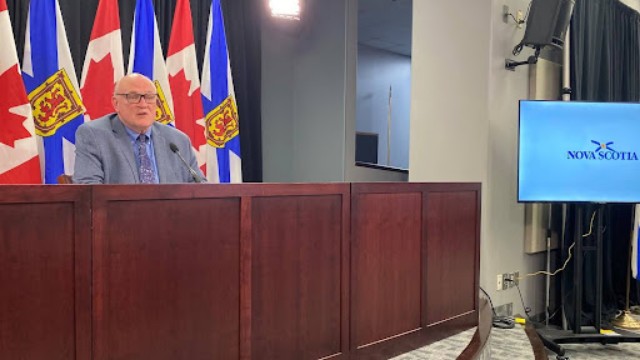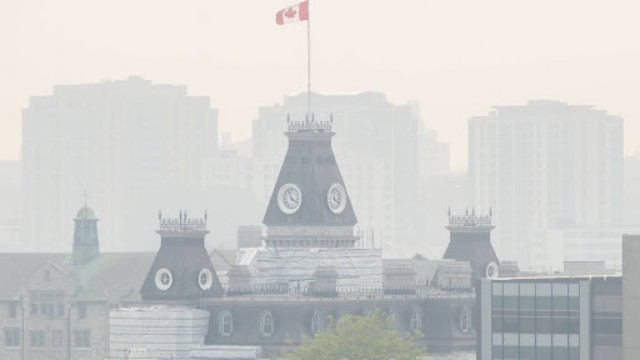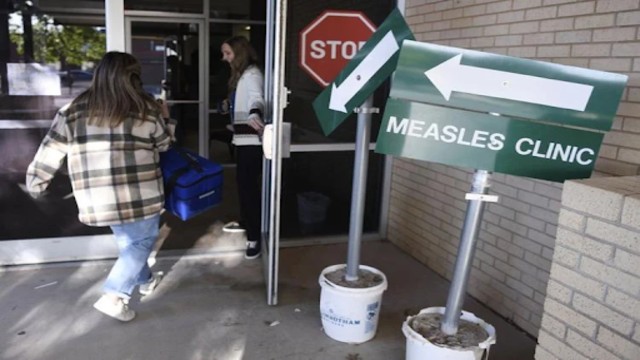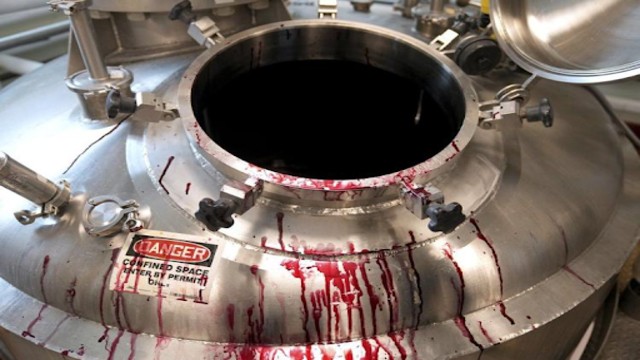
B.C. Premier David Eby speaks during an announcement in Delta, B.C., on Monday, March 18, 2024. THE CANADIAN PRESS/Darryl Dyck
In her twelve years with the Vancouver Area Network of Drug Users, Brittany Graham, the executive director, has witnessed countless individuals fall victim to British Columbia's hazardous drug crisis. On Sunday, the province commemorated the eighth anniversary of its declaration of a public health emergency regarding this crisis, prompting Graham and others in public health to reflect solemnly on the thousands of lives lost.
Graham, in an interview, expressed her sorrow over the significant loss, estimating that she has known between 65 to 75 individuals who have succumbed to the crisis. She emphasized the personal impact, equating the number to more than the capacity of a standard school bus, highlighting the profound loss of kind and thoughtful individuals.
Premier David Eby acknowledged the catastrophic impact of the toxic drug crisis on families and communities, recognizing the need for continued action. He emphasized the importance of collective effort in addressing a crisis that has claimed numerous lives.
Provincial health officer Dr. Bonnie Henry echoed Eby's sentiments, emphasizing the unprecedented strain placed on the province's resources due to the public health emergency.
The declaration of the public health emergency in April 2016 marked the beginning of intensified efforts to combat the crisis. Since then, over 14,000 individuals have tragically lost their lives, primarily due to the potent opioid fentanyl.
To commemorate the anniversary, a community townhall was organized to facilitate collective mourning and discussions on forging a path forward for the downtown eastside community.
However, amidst the anniversary and looming elections, Brittany Graham expressed concerns about the potential adverse impact of political maneuvering on addressing the crisis effectively. She stressed the importance of implementing regulations for drugs akin to those governing alcohol, citing the effectiveness of harm reduction strategies in alcohol consumption.
Premier Eby acknowledged the toll of toxic drug deaths on both individuals and frontline workers, underscoring the need for a comprehensive health crisis response. He affirmed his government's commitment to enhancing mental health and addiction care systems.
Dr. Henry emphasized the diverse backgrounds of drug users and the complex nature of addiction recovery, advocating for innovative approaches to address the crisis.
Graham called for a reevaluation of government approaches to drug users, citing systemic shortcomings in support systems. She criticized city governments for implementing laws banning public drug use, which only exacerbate the crisis by marginalizing drug users further.
In summary, the toxic drug crisis in British Columbia continues to claim lives, prompting calls for comprehensive and compassionate responses from government and public health officials. Addressing the crisis requires a multifaceted approach, including harm reduction strategies, enhanced support systems, and a reevaluation of punitive measures that exacerbate marginalization.















